Niger has the world's highest number of child marriages. A total of 28 per cent of all girls are married before the age of 15. They have to stop going to school and miss out on their chance of an education. In many cases, they fall pregnant while they are still children themselves, increasing risks during birth.
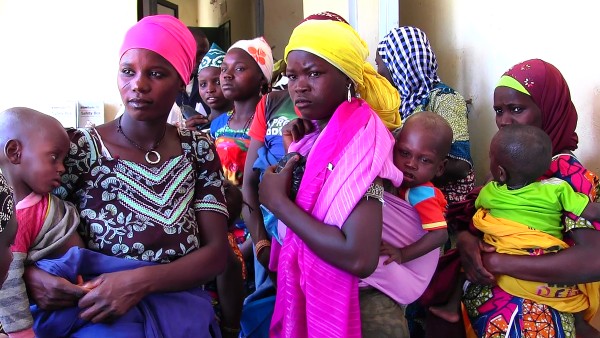
Child brides
Niger has the world's highest rate of child marriages. More than three-quarters of children under 18 years are married.
Fatimata sits on the clay soil in a colourful dress. With her face set in sadness, she searches for the words she needs: "Marriage disgusts me" she says loudly. The 12-year-old would prefer to carry on going to school. However, she hasn't got a say in this; her father is in charge of her fate. "School ruins girls," says the Tuareg, whose head is wrapped in a turban. That is why he has decided that Fatimata is to marry her 30-year-old cousin. Her father explains that early marriage is a tradition in Niger and is permitted.
In the film made by the United Nations Population Fund (UNFPA), Fatimata's mother sits next to her husband without saying a word. Later, on her own, she tells the camera: "I know how important school is but there is nothing I can do." After all, she was also the victim of forced marriage in her younger years.
Niger in West Africa has the world's highest rate of child marriages. A total of 76 per cent of under-18-year olds are already married and 28 per cent of girls are married before the age of 15. Poverty is one of the reasons why there are so many child marriages in Niger. Around 50 per cent of the country's 20 million or so inhabitants live on less than one euro a day. The country ranks second from bottom in the UN's Human Development Index. Many poor families hope to protect their daughters' future by marrying them off early. In many cases, families are also terrified of their girls falling pregnant without being married, which would bring shame to the family. Child marriages are also used to settle feuds, clear debts or generate income from the bride price.
When it comes to health issues, it is the girls who end up paying the price for this practice. "When young girls fall pregnant, the risks during birth are high," says KfW Senior Project Manager Julien Morel. At this age, complications during birth are no rare occurrence. The girls are often still children themselves — their body in fact isn’t mature enough for pregnancy and to give birth to a baby. They can be in labour for days on end and often suffer severe injuries during birth. Child pregnancy is one of the reasons why Niger's maternal mortality rate is one of the highest in the world. According to the UN, over 550 mothers died for every 100,000 births in 2015.
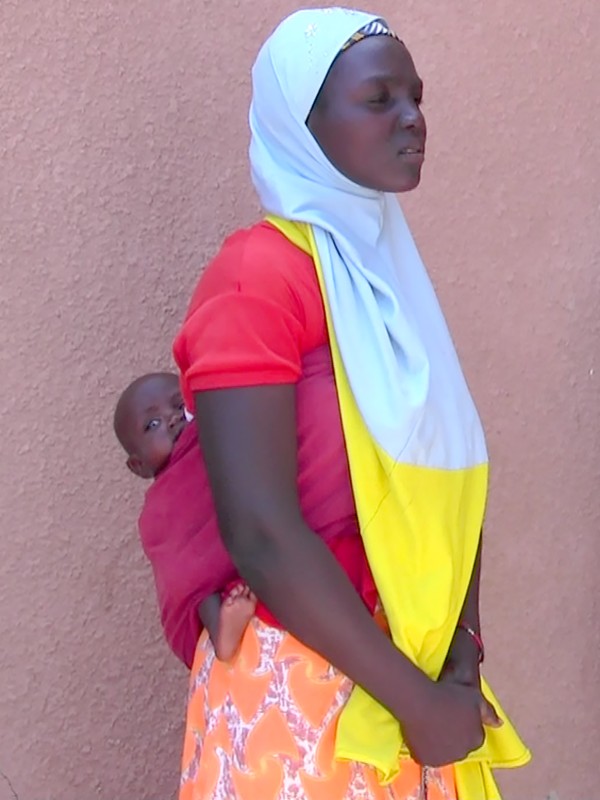
Young mothers
In Niger, many mothers are still children themselves. This increases the risks of birth and reduces their educational opportunities.
Early marriage not only has health-related consequences, it also reduces the girls' educational opportunities. In Niger, only 15 per cent of girls attend secondary school. But education is the only channel that enables young people to learn a trade and find a job.
A project for family planning in Niger supported by KfW is therefore sensitising people against early marriage and is drawing attention to the negative consequences in terms of health and social issues. The project is being run by Animas-Sutura, a local private social marketing agency. It organises information campaigns in schools and villages and also employs radio and TV ads. These measures are used to appeal to parents — and fathers in particular — to not marry their daughters off early. The spots and the campaign make clear that child marriages damage girls’ health. In the long term, families benefit financially if their daughters go to school instead of being married early.
Child marriages
The term child marriage refers to a marriage in which at least one of the partners is still under the age of 18. This can relate to both boys and girls. According to UNICEF, 82 per cent of child marriages affect girls. At present, a total of 15 million child marriages take place each year (both boys and girls).
The campaign in Niger is based on the UN Sustainable Development Goals. Under these goals, the global community has set out to end the practice of child marriage by the year 2030. However, there is still a long way to go. According to information from the United Nations Children's Fund (UNICEF), twelve million girls and three million boys around the world still get married while they are underage.
The Niger government passed a law intended to improve women's rights as far back as 2006. The law allows women to officially defy an arranged marriage. However, very few women have actually asserted this right to date. It did not help Fatimata either. As revealed in the UN film, she was married to her cousin for the bride price of one white camel and a black camel calf.
Published on KfW Stories: Tuesday, 8 May 2018
The described project contributes to the following United Nationsʼ Sustainable Development Goals
Goal 1: End poverty in all its forms everywhere
Around eleven per cent of the worldʼs population lives in extreme poverty. In 2015 that figure was around 836 million people. They had to live on less than USD 1.25 a day. The global community has set out to end extreme poverty completely by 2030.

All United Nations member states adopted the 2030 Agenda in 2015. At its heart is a list of 17 goals for sustainable development, known as the Sustainable Development Goals (SDGs). Our world should become a place where people are able to live in peace with each other in ways that are ecologically compatible, socially just, and economically effective.

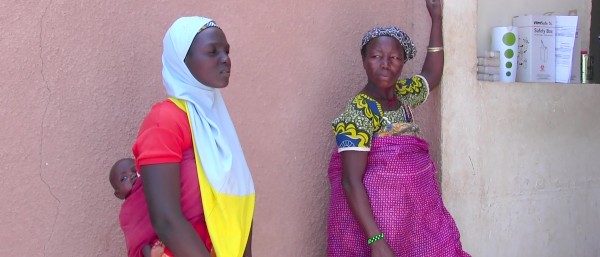
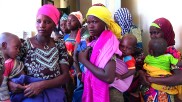
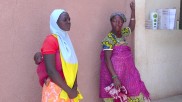
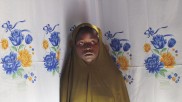
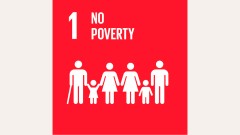
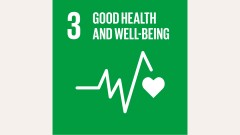
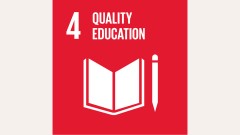
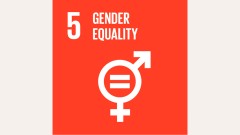
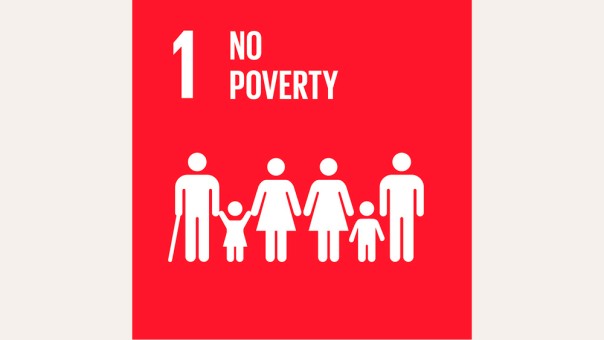
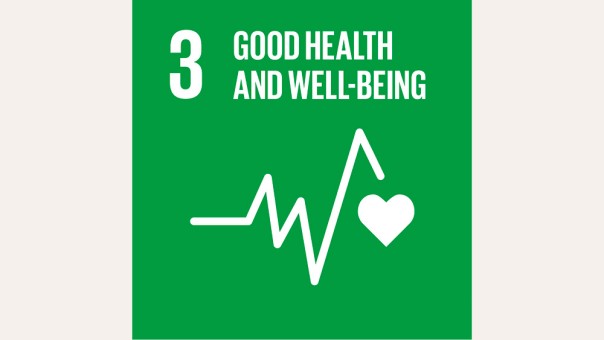
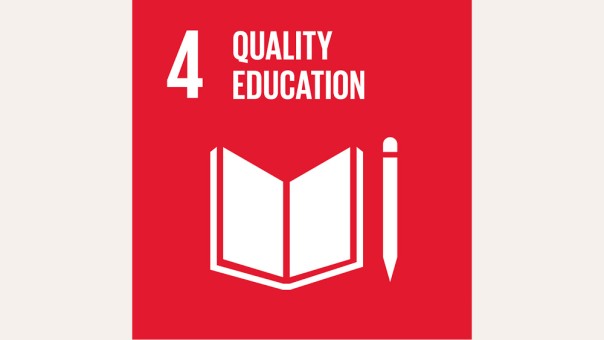
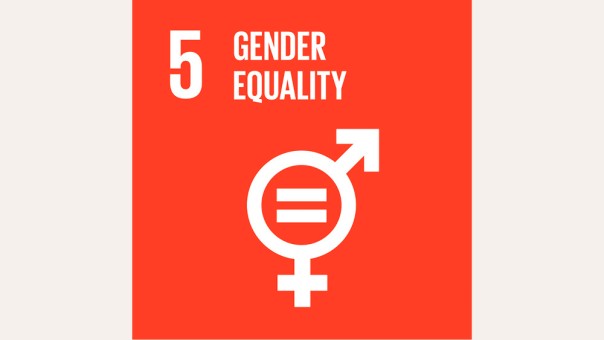
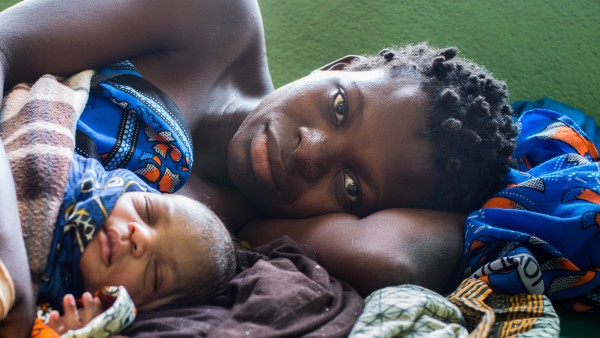
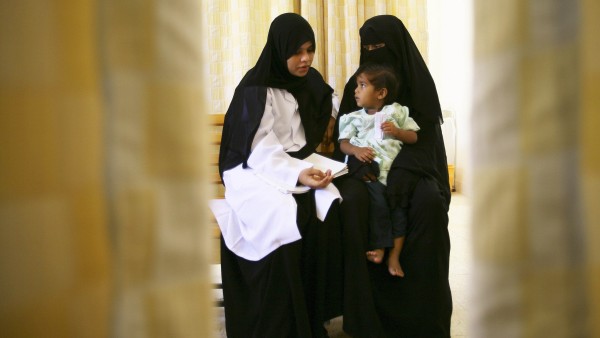
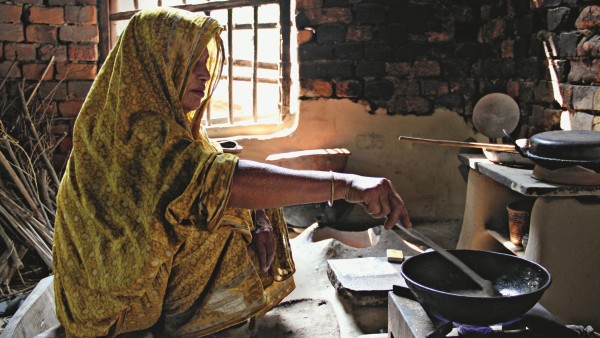
Data protection principles
If you click on one of the following icons, your data will be sent to the corresponding social network.
Privacy information